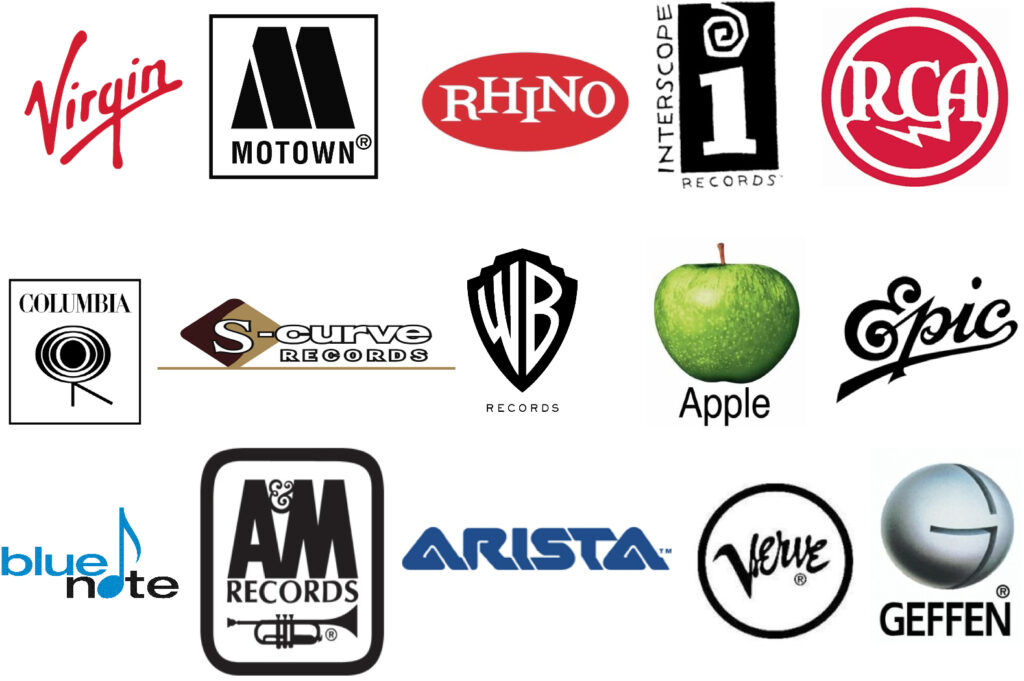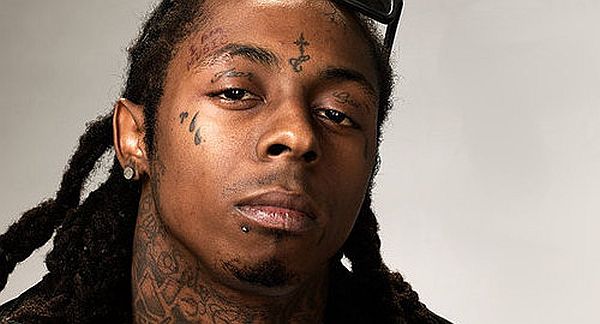5 Reasons Why You Shouldn’t Sign A Record Deal
So, you’re thinking about signing a record deal? Seems like the big break every rap artist dreams of, right? Well, hold on. Before you jump headfirst into signing that contract, let’s have a real talk. There are some serious reasons why signing a record deal might not be all it’s cracked up to be.
In this article, we’re going to break down 5 reasons why you shouldn’t sign a record deal. No fancy words, just straight-up facts about why you might want to think twice before putting your name on that dotted line. Ready to dive in? Let’s go.
1) You Won’t Make Money Until Your Advance Is Recouped
When you sign a record deal you get an upfront lump of money called an advance. An advance is a loan to you from the record label that needs to be paid back through music sales with interest. The bigger the advance the more money you have to pay back.
If the advance on your first album is not recouped then you are in arrears (debt) and the rest of the advance will have to be recouped from your second album. You have to note that you will not get paid from any of your music until the advance is repaid to the record label.
So artists often ask how will they get paid until the advance is recouped? Well, it all depends on what your contract says, this is why it’s important to get a copy of the recording contract that you signed. Usually the artist will get paid from performing at shows, appearances, and selling merchandise. Again, all the ways you get paid and the percentage the record label will take, will be in your record label.
A 360 deal is common is common in the music industry. A 360 recording contract basically means the record label will take a percentage of all income you generate. So whether it’s streaming, merchandise, appearances, or show money, your record label can take a percentage of all those monies.

2) You Have No Control Over Your Image
One of the major revamps a record label will make once you are signed to the, is to your image and style. A record label is in the business of selling your image to music fans and corporate entities. If you are a female the record label wants you to portray an image where every girl wants to be like you, and every man desires you.
If you are a male the label wants you to portray an image where every man wants to be like you and every girl, and in some cases every guy, wants to sleep with you. This is why you see some male music artists dress and act sexually fluid.
The thought behind this is the more people that buy into your image, the more music you can sell. By getting the artist to portray an imagine that attracts all sexualities, ages, and races, he/she can sell more records to a broader audience. When it comes to record labels it’s less about talent and more about doing what needs to be done to sell more music.
To accomplish attracting more people to your music record labels will change the way you dress, talk, act, and look. There’s no room for you to be yourself and speak your true thoughts. You either listen to what they have to say or they will shelf you. This is what so many artists are afraid of, they want their music to be released so they comply with the record labels demands.
3) You Won’t Own Your Masters
One of the major disadvantages to signing a record deal is not owning your masters. The master recordings of your music is used to generate income from radio plays, streaming, and music licensing. It’s a huge chunk of the money you make as a music artist.
If you do not own your masters you won’t receive the full amount of money from it when it is generating income. The full money will go to your record label and they will give you the percentage that’s outlined in your contract. Unless you have leverage during the signing process chances are you’re not going to receive much money from the income generated from your masters.
I don’t think that not owning 100% of your masters is bad in of itself. After all, if you own some of your master 20%-50% it’s still better than not owning any of it. Because 50% of 100 is still better than 0% of 100. The point here is to own some or all of your masters so you can get paid what you are worth. Especially since you are the one creating the music.
Your masters can also generate you income while you are not doing concerts or doing any other live performance. Also an artist doesn’t want to perform forever, at some point you want to relax and enjoy your life with family and friends. Getting paid from the licensing of your master can allow you do do that.
4) Little To No Control Over Your Music
When signed to a record label the truth is you have little to no control over the type of music you create. You have no creative freedom to make the type of music you want to. The record label’s A&R or music representative is going to pick your single for you, choose the theme of the album, and select the songs he/she thinks would be best suited for the theme of the album.
You will get little to no say over any of the music that’s being put out to your fans. The reason for this is because the record label is paying for you to create the music, so they think that they should be the ones who choose what type of music you put out to the world.
The major issue with this is that they have no idea what type of music will connect with fans. As the artist you know what type of music built your fanbase, what they like and dislike, and what type of music they would like to hear from you in the future.
Be prepared for this as a signed artist. The songs that you loved creating and made a connection with, may not make the cut for your album, and in the majority of the cases you can’t convince the label otherwise. They think they know best and as their artist you have to go along with what they say or they will not release your album. Which leads us to my final point.
How To Become A Music Producer
5) You Won’t Be Able To Control Your Career
As an artist your main goal is to be creatively free. You want to be able to have full self expression of the way your dress, act, talk, and the music you create. In a record deal they try to stifle your self expression and this can be suffocating to true artists.
Once you sign that record deal you are told what to say and how to act. Your whole career will be steered by the record label and if you don’t follow their rules they will not put out your album. This happens to many artists. You have to know what’s important to you, what your values are, and where you want to go within the music industry. What does your music career goals look like? How has your progression been toward accomplishing those goals? Who is mentoring and guiding you along your journey?
Answering all these questions are important because they help you measure where you are at in your music career. If you are behind in your goals you can correct that immediately, and get back on track. If you are accomplishing your goals then good, keep it up. It take time to make it in the music industry, but as long as you’re making progress, you’ll soon enough see the fruits of your labor.


